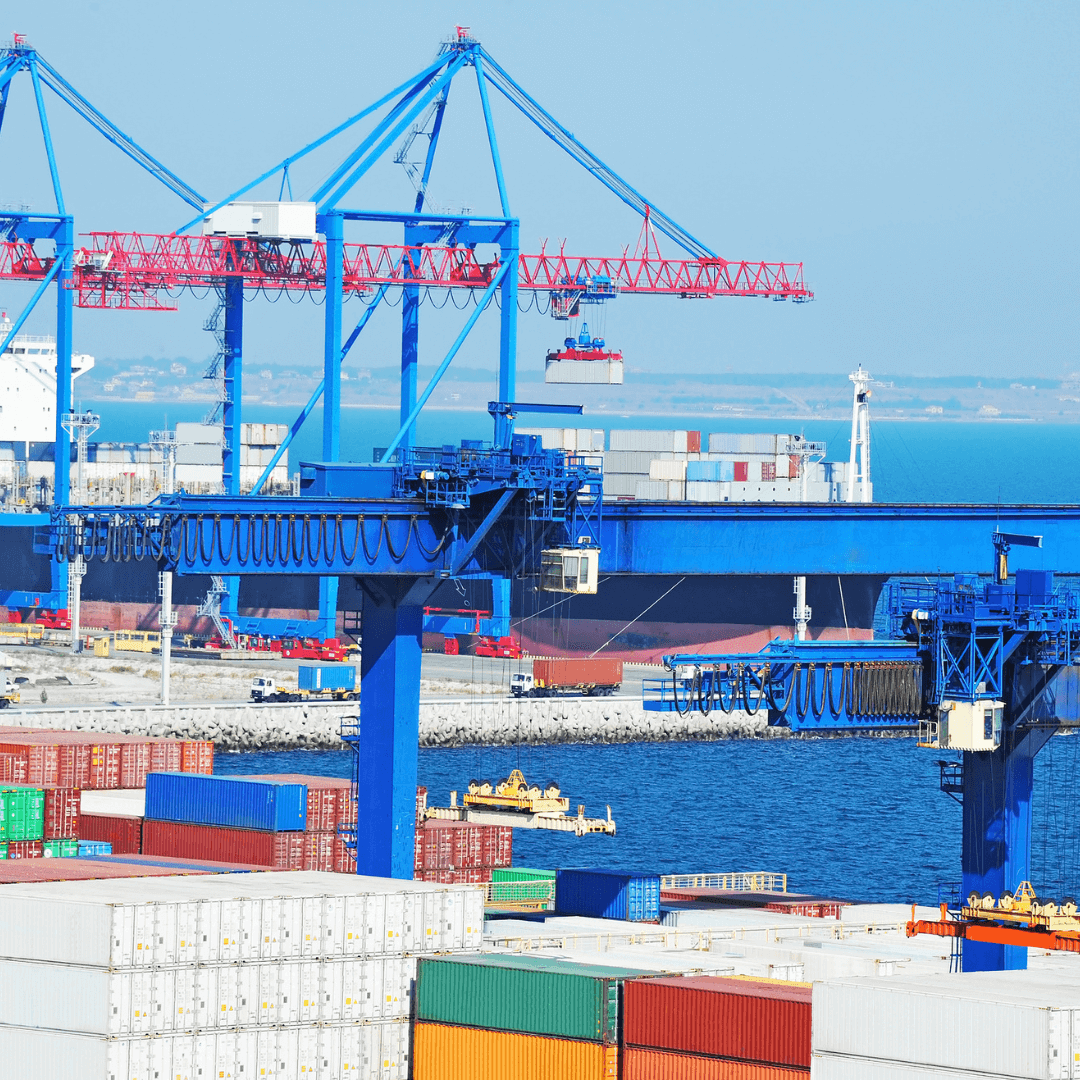
New Cato Institute Poll Shows Americans’ Preference for Trade
David B McGarry
August 13, 2024
Most Americans are not doctrinaire devotees of Adam Smith. In fact, they are not particularly doctrinaire about most of their economic positions. They often have strong impulses – most of them good – yet concede willingly that prudential concerns require compromise. These loosely held opinions generally stem from incomplete knowledge, and they often contradict one another. This is, to a degree, not just understandable but desirable. The chief business of the American people is business – not economics or political analysis.
These tendencies frustrate more studied and ideologically consistent commentors and activists, particularly the ones who want desperately to claim to speak for the people. Consider how this dynamic has unfolded on the issue of trade.
Protectionists (who also purport to advocate “new” and “modern” economic programs) act as if voters care a great deal about building trade barriers to ward off nefarious foreign imports. Not so, says new polling from the Cato Institute and YouGov. The portrait the results draw of the American voter is nuanced, although not entirely surprising.
On average, Americans largely support international trade, yet they worry about that trade’s effects on their neighbors and countrymen. Consumers often misunderstand trade’s economic realities, such as the impact of trade deficits. Yet, after learning the facts, people adjust to support free trade more strongly. They have somewhat romantic notions about buying American-made and manufacturing jobs, with many even preferring autarky. In practice, these preferences are flexible, and other concerns take precedence.
First off, the percentage of respondents who rated trade among their top three political issues should pause activists who view robust protectionism as the defining economic and political antidote. Only 1 percent of respondents did so, which puts trade last among the 16 issue areas the poll presented.
However, when Americans do think of trade, they generally think of it fondly.
Among respondents:
· 63 percent of favor increasing trade with foreign nations.
· 55 percent of poll respondents view international trade favorably.
· Only 12 percent view international trade unfavorably.
· 75 percent worry that tariffs could raise consumer prices.
Majorities also believe that international trade benefits the U.S. economy (66 percent), American business (63 percent), their own standards of living (58 percent), and their communities (57 percent).
Directionally protectionist biases harbored by respondents evaporated in light of the tradeoffs protectionism would impose. While a supermajority (75 percent) said they prefer to buy American-made products, only 14 percent said they would pay an additional $10 for an American-made frying pan. While many like the general notion of helping American manufacturing, only 34 percent would support imposing a tariff that increases the price of blue jeans by $10. Similarly, although four in five respondents believe America would benefit from a larger manufacturing workforce, only one in four believed they, personally, would benefit from entering the industry.
Americans like freedom yet worry that freedom’s messy edges may cause harm. Alone, this sensibility – a fundamentally libertarian sensibility, albeit with significant qualification – opposes them to progressives, populists, and national conservatives who believe protectionist central planning to be politically ascendant.
For free marketeers, Cato’s polling provides a firm foundation upon which to build. The general sense that individuals ought to be free to be productive and to create wealth for themselves and their country is deeply rooted. Americans have accepted certain dubious notions about free trade that doom-addicted politicians have proffered. However, those misconceptions are discrete and correctable. The remedy is persuasion, the fundamental activity of politics in a democratic society.
